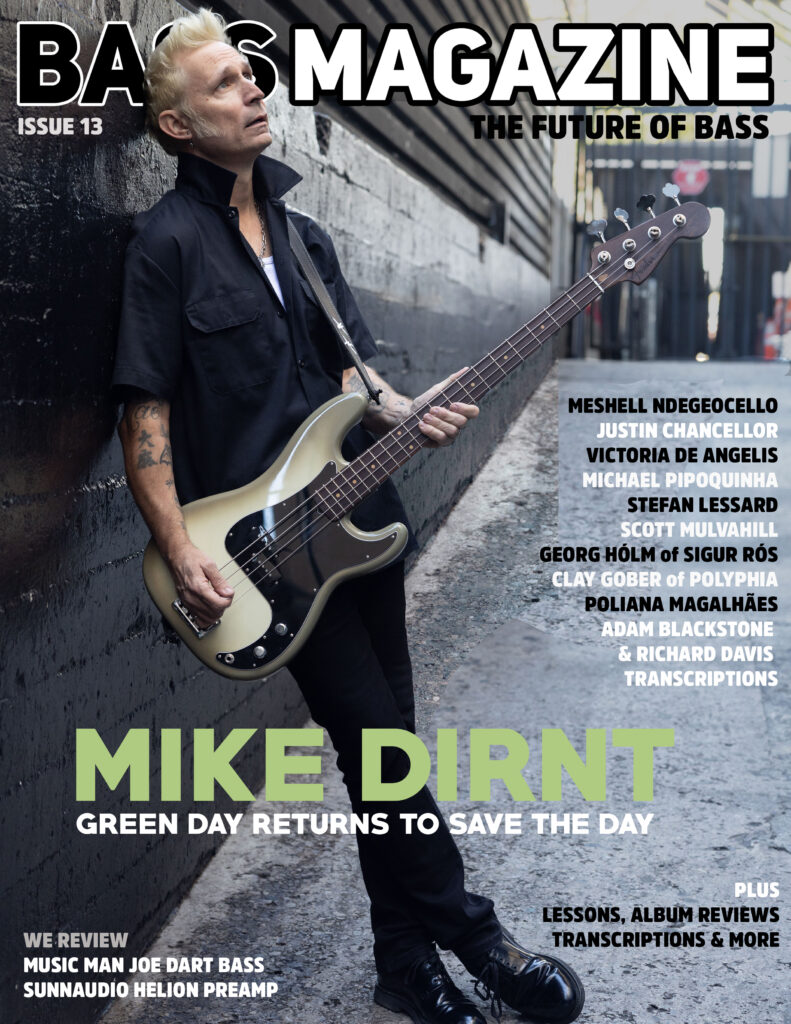
Homage is the captivating, debut album from bassist Rick Rosato that represents his rededication to the blues as his leading muse.
Tracked and mixed magnificently by John Davis at Brooklyn’s Bunker Studios, Rosato’s bass sounds out with clarity and intention. The resulting listening experience candidly confirms what is in Rosato’s heart; he is an improviser enraptured by the endless possibilities within Black American roots music.
As a recording and touring musician who moved to Brooklyn, NY from his native Montreal, Canada in 2007, Rosato has amassed an exceptional balance of technical facility, wisdom and an evolving soulfulness that has placed him in special company among today’s bassists. This distinction is certainly felt in live performance. Rosato has occupied the bass chair in the groups of stalwarts such as vibraphonist Joel Ross and saxophonists Dayna Stephens and Immanuel Wilkins.
Yet on this recording, Rosato’s first as a leader, he has chosen no additional musical accompaniment. Listeners will point to the jaw-dropping and genre-shifting debut albums from bassists Ron Carter, Miroslav Vitous, Stanley Clarke and Jaco Pastorius that join unbelievable displays of low-end wizardry with memorable contributions from equally stellar sidemen. Homage presents Rosato with his instrument only. He is alone with the blues.
At home and with no gigs for most of 2020, Rosato began listening to WKCR’s Something Inside of Me, the New York radio station’s Saturday broadcast dedicated to classic blues. Recalibrated by Skip James, Muddy Waters and Mississippi John Hurt, the bassist slowly began adapting their Delta blues language to his upright bass.
“I had no idea that I was making a record at first; I was making music at home and rediscovering my love for the instrument,” Rosato said. ” I transcribed a few of the songs, but they were nearly impossible to recreate entirely on the bass, so I came up with different ways to approach the harmony and melody by focusing on the most important elements in the songs. Playing John Hurt, Muddy Waters and Skip James on the bass made me aware of how special this music really is from the inside.”
For many of the songs that wound up on Homage, Rosato incorporates a few different tunings on the bass including one inspired by guitarist Skip James for a deeper and more resonant sound. In this position, Rosato interprets the language and feeling of such songs as James’ “Hard Time Killing Floor Blues” and “Devil Got My Woman.” In the case of Waters’ “I Can’t Be Satisfied” and “Cherry Ball Blues,” also by Skip James, Rosato adopted prepared piano treatments to the bass as he added mutes and objects around the strings and bridge. The resultant change in resonance allows his instrument to approximate the earthy vocal and guitar stylings of the cherished roots music masters. Two blues adjacent songs on the album, Thelonious Monk’s “Crepuscule with Nellie” and Rosato’s “Homage,” reflect the cry and yearning found at the music’s core.
“When I first came to New York, I didn’t always see the connection to the blues in the music that was happening around me,” Rosato said. “As time has passed, connecting with so many inspiring musicians, I see that the best improvisers certainly have the blues awareness and language in them regardless of the material they interpret. That’s the real lesson.”
On his solo debut album, Rick Rosato steps forward with his bass in tribute to Black American musicians who form the foundation of American popular music. It represents renewal and an important benchmark in his career that will carry him forward for many years to come.

